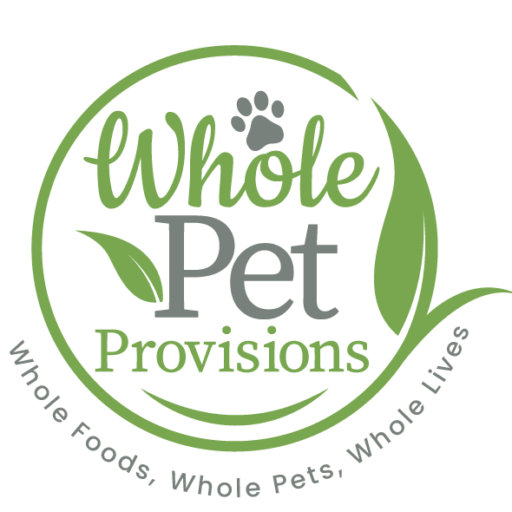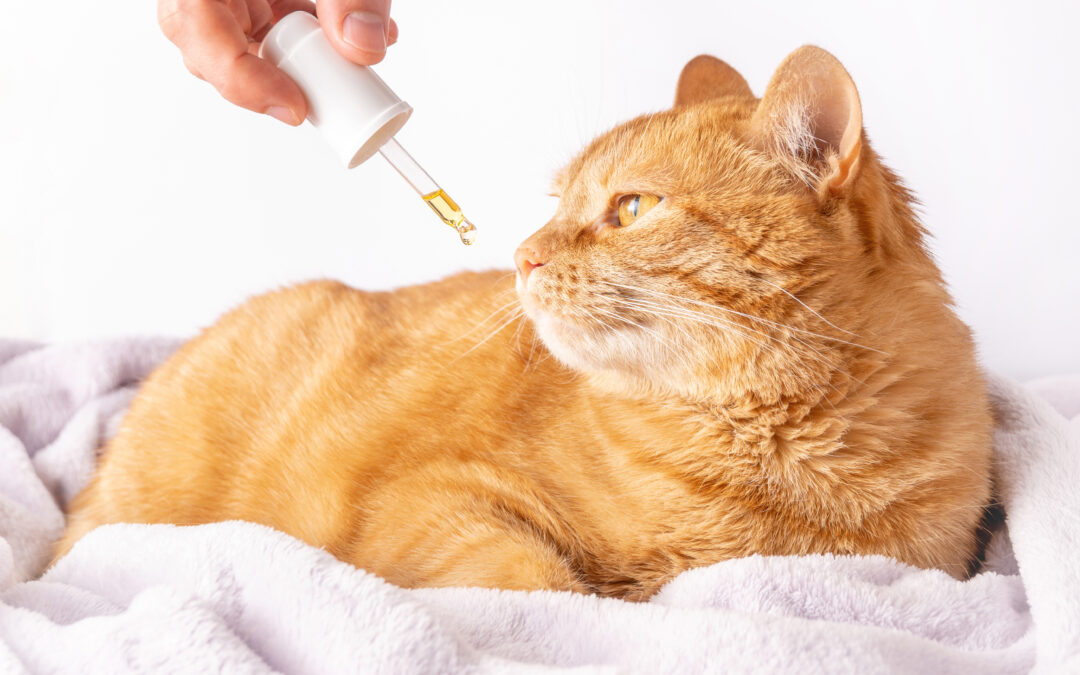Supplements can be foods, vitamins, minerals, herbs or other botanicals given in addition to the diet with the intent of supporting health or modifying a disease state rather than meeting nutritional requirements. These supplements are also called “Nutraceuticals”. Nutraceuticals must not make claims on packaging or advertising to treat disease conditions, rather they are intended to support wellness or good health. If claims are made, these products are classified (and regulated) as a drug under the Food and Drug Administration (FDA).
There is currently no regulatory body overseeing manufacturing or quality of nutraceuticals making supplement selection a bit precarious and it may be difficult to assess a product’s quality. Drugs are meticulously regulated by the FDA and must meet specific manufacturing and production standards. Reviews of supplement products have revealed problems with content, concentration, contamination, safety and presence or quality of actives.
Questions to ask when evaluating a supplement product:
- Does it provide a label with lot number, expiration date, manufacturer contact information?
- Does the label properly identify species for intended use, exact dosing instructions, and provide an exact ingredient list including amounts of actives plus list of inactives? Consider that “more is not better” when giving supplements and the more ingredients present may increase risk of adverse events or interactions.
- What other medications is my pet using and what is the potential for interactions? Always check with your veterinarian to ensure a supplement is safe and not harmful for your specific pet in combination with diet or medications.
- Are medical claims made on the product label or website that claim to treat a disease state (or multiple disease states)? Supplements are not drugs, and this practice is not allowed. Claims for medical benefits require that the product submit a New Animal Drug Application (NADA) and that number should accompany the product. Failure to do so may prompt an FDA Warning Letter or even removal from the market, although supplements are often ignored as low priority.
- Does the company provide research including published, peer-reviewed studies on its product or ingredient actives? How many studies are available, how many #s of dogs/cats were included, and when was the research published? These ideally should be clinical studies in the species of interest. More commonly, extrapolations are made from in vitro studies (lab testing only), laboratory animals or human studies. These are not always applicable to dogs and cats. Client testimonials should not be taken as evidence of product efficacy.
- What evidence is provided for dosing, safety and efficacy? This may require a review of the companies provided research or it may rely on traditional use.
- For veterinary supplements, is the company a member of the National Animal Supplement Council (NASC, https://www.nasc.cc/) and does the product carry the NASC Seal? NASC provides strict guidelines for member companies for manufacturing and adverse event monitoring. NASC works closely with the FDA and the Association of American Feed Control Officials (AAFCO) for treats/nutritional products. Member companies are likely to produce higher quality products. Alternatively, human supplements may seek third party verification with US Pharmacopeia (USP).
Resources:
https://www.fda.gov/food/dietary-supplements
https://www.usp.org/news/number-one-dietary-supplement-verification-program
https://www.usp.org/verification-services/program-participants

